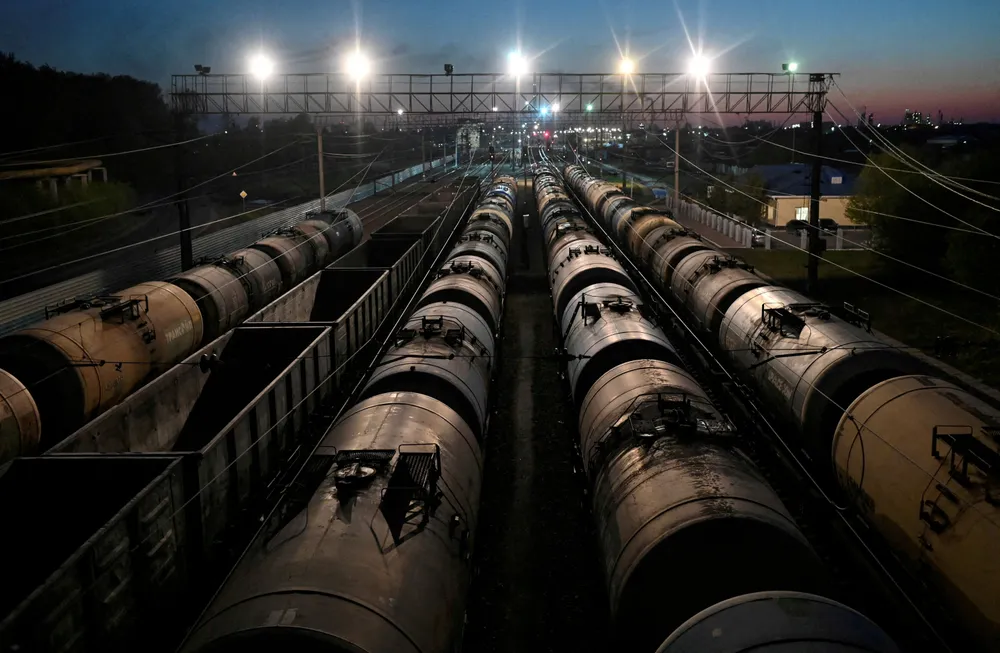Price cap on Russian oil reduced Kremlin's revenues by €34 billion
The price cap on Russian oil at $60 per barrel, imposed in December last year, reduced the Kremlin's revenues by 14%. However, the effect began to weaken in the second half of 2023.
This is reported with reference to a report by the Center for Research on Energy and Clean Air (CREA).

The analysis shows that last year the price cap cost the Kremlin 34 billion euros in export revenues, which is equivalent to about two months' income.
"That impact though is far short of what could have been achieved," the report says. Sanctions have not dampened the Kremlin's determination to wage war.
CREA's analysis shows that sanctions have severely impacted oil export revenues in the first half of the year, reaching a peak loss of €180 million per day in the first quarter. Overall fossil fuel revenues declined, with crude oil alone falling by 25%.
However, Russia's inability to enforce, tighten, and continuously monitor the price cap allowed it to offset the effects in the second half of the year. Revenue losses declined to €50 million per day in the second and third quarters, before recovering to €90 million per day in the last quarter of the year.
The effectiveness of the sanctions has declined due to insufficient monitoring and enforcement of the oil price cap policy, which allows Russia to sell its oil at prices above the cap, the authors note.
In addition, the "oil refining loophole" legally allows petroleum products made from Russian crude oil to enter countries in other regions of the world. This primarily concerns India, which has dramatically increased its oil imports from Russia.
Russia's increased use of shadow tankers to transport its oil also reduces the impact of the price cap and increases the price at which they can export their oil, which is another blow to the impact of sanctions, CREA said.
Author – Anastasiya Glotova, 05/12/2023



































































































